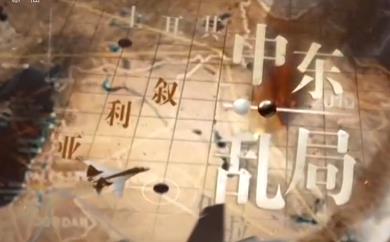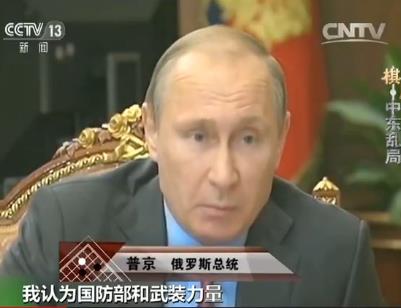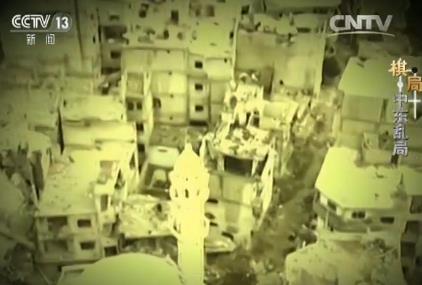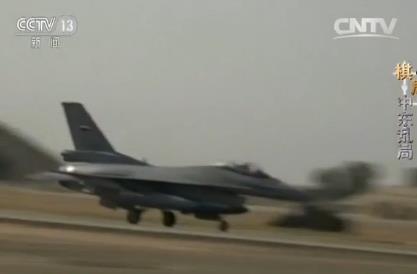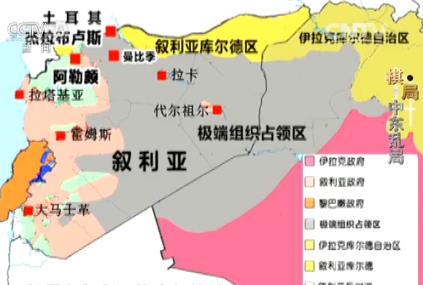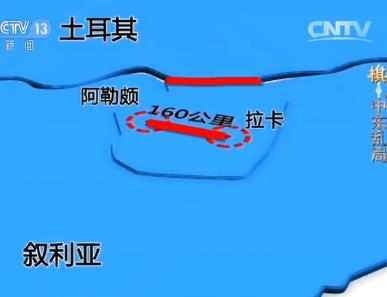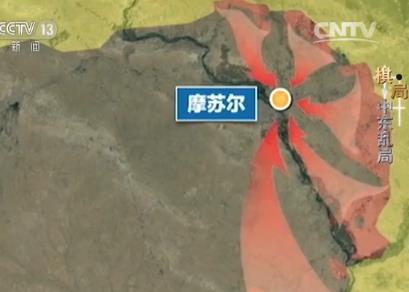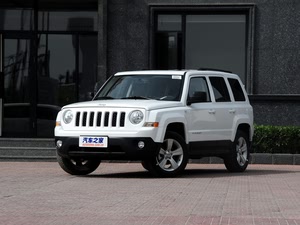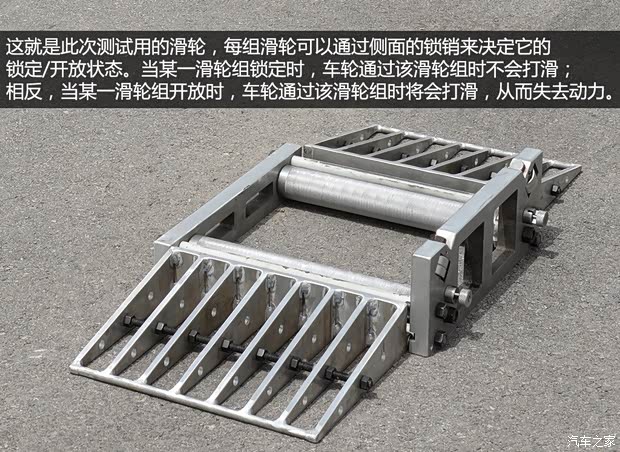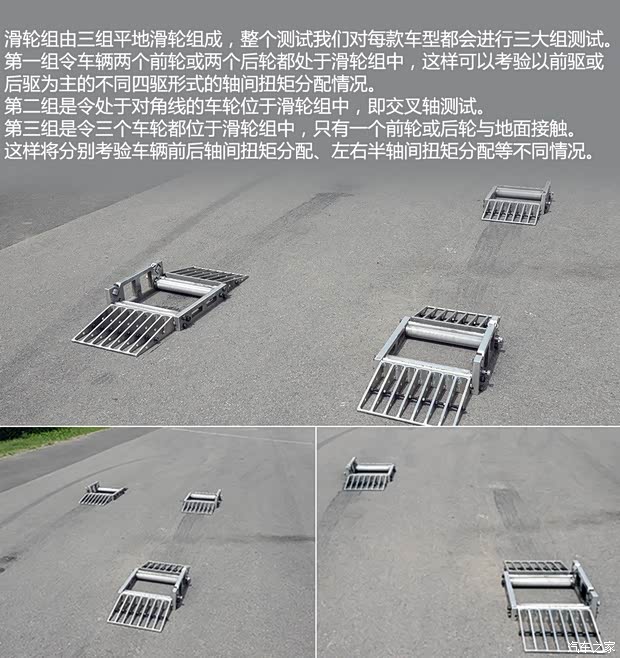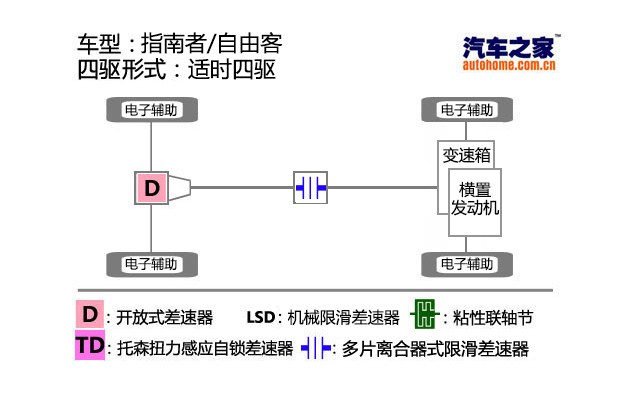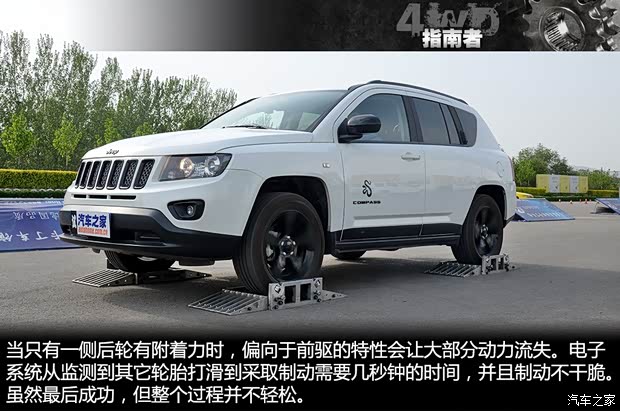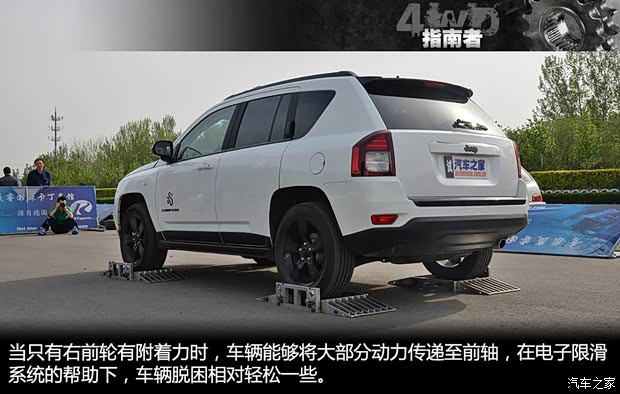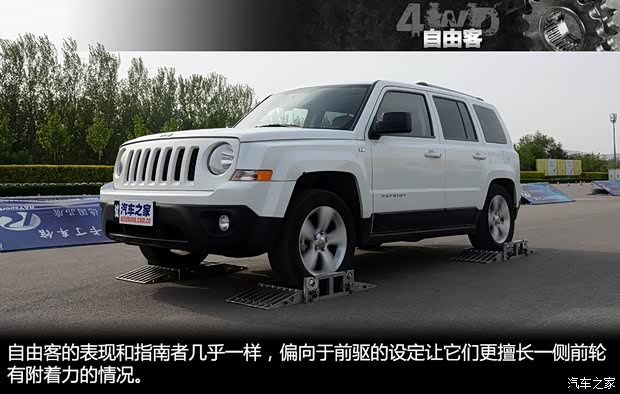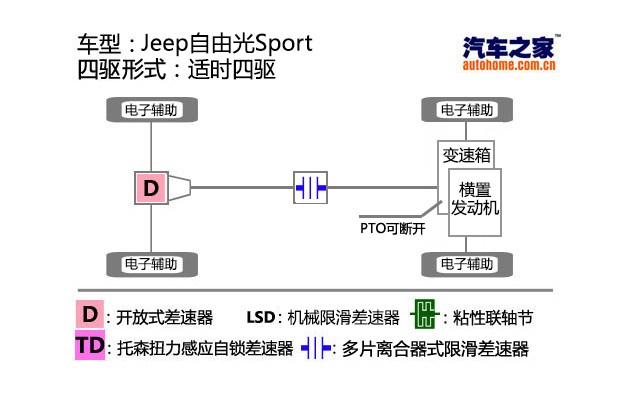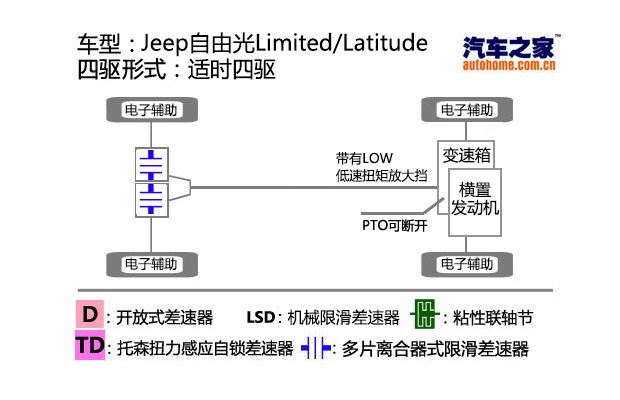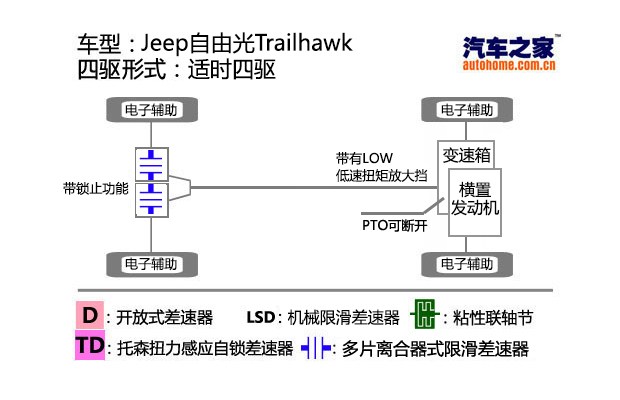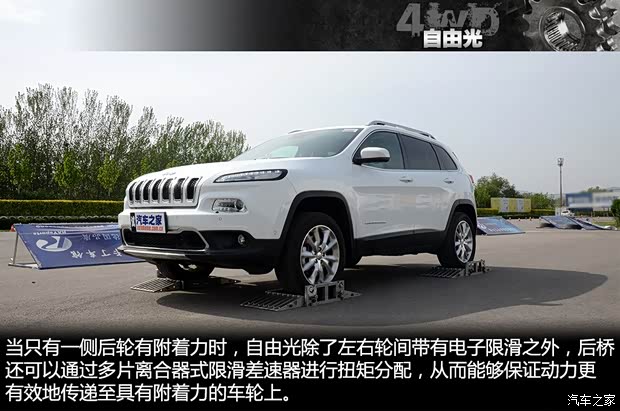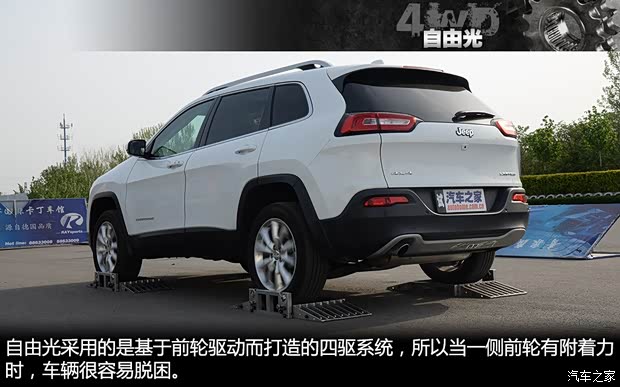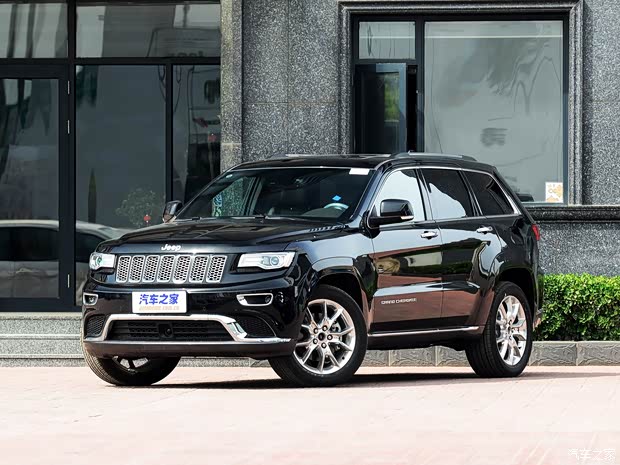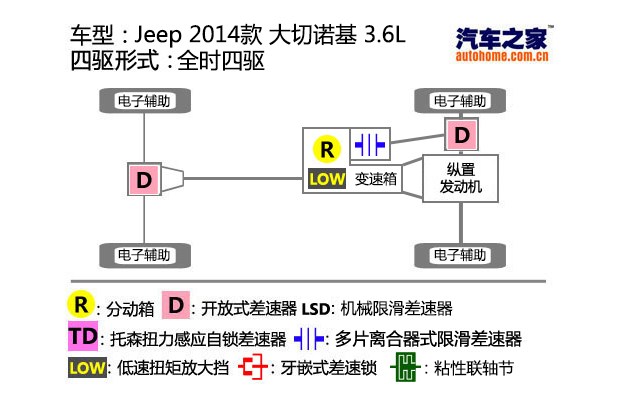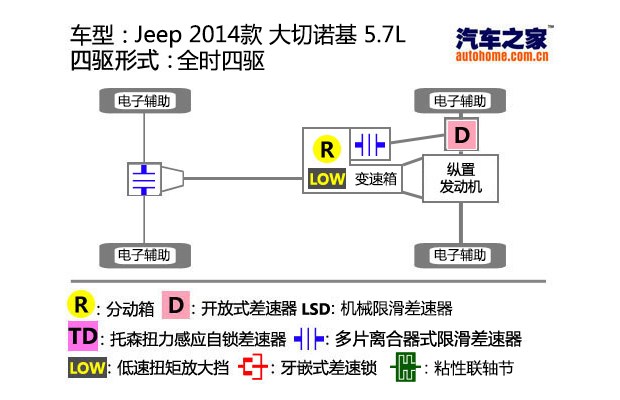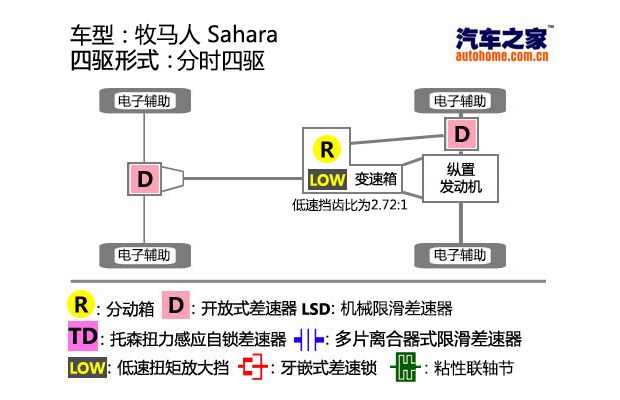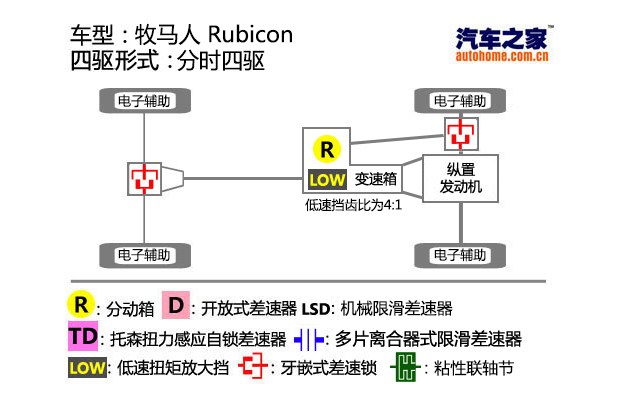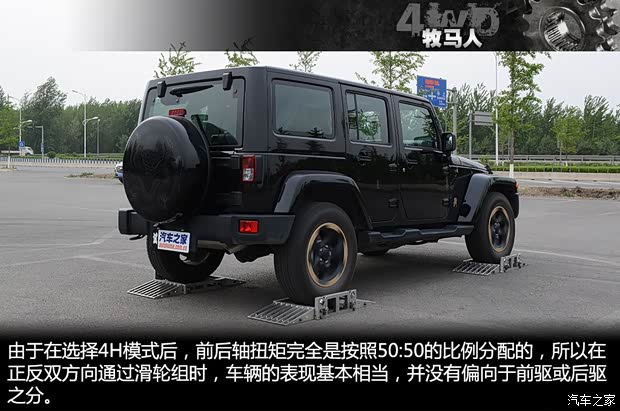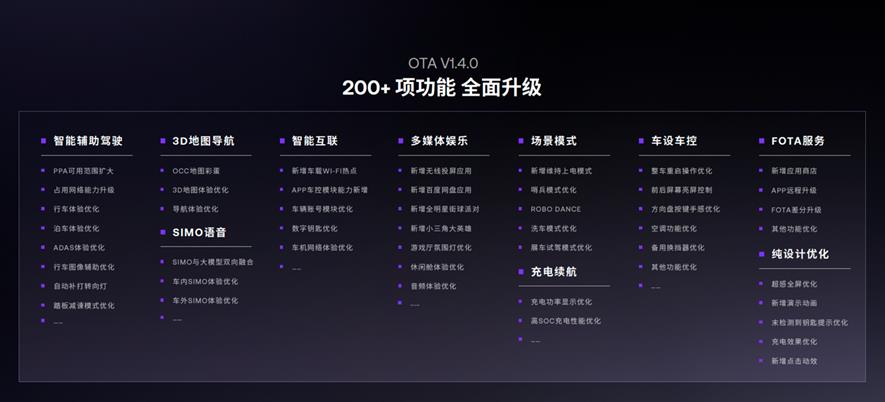Is he schizophrenic or not? Who has the right to send schizophrenics to hospital?

How did he get from the university dormitory to the mental hospital?
Reporter/Mao Yijun
This article first appeared in China Newsweek, No.874.
During his 134 days in Luoyang Mental Health Center, Liu Gang (pseudonym) claimed that he was beaten by a nursing worker, leaving behind sequelae such as heart disease and high blood pressure due to medication and electroconvulsive therapy.
On the day of admission on July 20, 2015, he was diagnosed with schizophrenia. However, he said that he was forcibly sent to the hospital by Chen Guan ‘an, deputy secretary of the Party branch of the School of Foreign Languages of Luoyang Normal University, and Xu Min, deputy director of the Psychiatric Department 5 of Luoyang Mental Health Center. The hospital did not carry out relevant inspections before asking his mother to sign the hospitalization procedures.
Four months later, Liu Gang was discharged from the hospital, sued Luoyang Normal University and Luoyang Mental Health Center, demanded compensation of 170,000 yuan, and publicly apologized to himself.
Luolong, Luoyang, November 23, 2017
In the first instance, the District People’s Court held that there was no evidence to prove that Liu Gang had self-injured or injured people, and he did not have the conditions for compulsory treatment. He sentenced Luoyang Mental Health Center to take compulsory measures against Liu Gang for infringement, and asked him to publicly apologize to Liu Gang and compensate him for medical expenses of 21,673.46 yuan and mental damages of 50,000 yuan.
In December of that year, Luoyang Mental Health Center appealed on the grounds that the original trial found that its infringement lacked basic facts, while Liu Gang also appealed because the amount of consolation money was too small and Luoyang Normal University was not sentenced.
Subsequently, Luoyang Intermediate People’s Court sent it back for retrial.
On October 10 this year, the Luolong District Court held a trial in the second instance, adjourned during the evidence-giving session, and tried again on another day.
to be hospitalized/be admitted to hospital
On the morning of July 20, 2015, Liu Gang changed from Taoyuan dormitory to the first floor of Liyuan dormitory. He heard Chen Guan ‘an, deputy secretary of the General Party Branch of Foreign Languages Institute, calling him outside the door, "Your mother is coming, take your mother to travel quickly."
He saw Chen Guan ‘an go into the dormitory, and another man he didn’t know came in and pointed at him and said, "Why don’t you go for treatment?". Later, his mother came into the house to help him sort out his belongings. Because of the short time, he had no time to ask his mother about the specific situation.
After walking out of the dormitory door with his mother, three men and Chen Guan ‘an grabbed his hand and tied it back, and took him up from the back of the van. Mother was so scared that she cried. He heard Chen Guan ‘an tell his mother that you should get him a certificate, or he will not be allowed to go to school again.
Liu Gang always said that he thought he had met a gangster, didn’t resist all the way, and didn’t have time to ask his mother what happened. "Finally, I went to the hospital directly without diagnosis, because my mother didn’t read much and signed it without understanding the content." Now, he told China Newsweek.
In her mother’s statement to the court, she said that the school repeatedly called to tell her that her son had psychological problems, and the last time she was told that her son was missing, she went to Luoyang. She wanted to take her son to a psychiatric hospital for examination, so she searched the Luoyang Mental Health Center on the Internet. It was she who took the doctor to her son’s school. After that, the doctor took Liu Gang to the hospital. "I said I was going to check, but I didn’t check it after I got there, so I went directly to the hospital." Liu Gang’s mother said this in the court statement.
Liu Gang’s mother signed the admission procedure, which she admitted. But she said, "I don’t know the content, it’s a hospitalization procedure anyway."
In Chen Guan ‘an’s testimony, on July 13th, Liu Gang contacted him to go through the lodging formalities. Chen Guanan, who works in the old campus, can’t leave and let the counselor An Mingming handle it. He told Liu Gang that the Taoyuan dormitory should be packed with beds, and students from the old campus will move in in the new semester.
On the 18th, Liu Gangzai off-campus Internet cafes didn’t return all night and were discovered by the boarding house, so they informed An Mingming.
According to Chen Guan ‘an, he learned through the administrator on July 20th that Liu Gang was asked to move to Room 1118, No.3 Liyuan, because the summer students stayed in Liyuan. When he passed by, the dormitory door was open, and Liu Gangzai sorted things. After more than 20 minutes of communication failed, the medical staff took compulsory measures.
For the process of admission, Liu Gang looked down when he recalled to the media, paused many times, suddenly and repeatedly swung the mobile phone and recorder on the table for no reason, and dragged the seat from time to time. In the law firm in Zhengzhou, he always asked to sit at the end of the long table near the window in the conference room, rather than sitting in the middle of the media.
When he mentioned whether he had a dispute with Chen Guan’ an because of other issues such as changing dormitories, Liu Gang was emotional. "Too many reporters have asked such retarded questions, and Chen Guan’ an attracted me to attack!"
Luoyang Mental Health Center has a medical record dated August 17, 2015, which records the hospitalization for 20 days from July 20 to August 17, 2015. Among them, it shows that Liu Gang’s admission situation is as follows: his thinking is rambling, his logic is wrong, his concept is confused, his victim delusion of reference is obvious, his auditory hallucinations can be elicited, his behavior is weird, he has been covering his nose and mouth with his hands, his attention is not concentrated, and his self-knowledge is lacking.
The diagnosis made by the hospital is: schizophrenia.

Luoyang Mental Health Center, where Liu Gang was treated for 134 days. Photography/Mao Yijun
In Article 28 of the Mental Health Law of People’s Republic of China (PRC), which was revised this year, "In addition to individuals going to medical institutions for mental disorder diagnosis, close relatives of patients with suspected mental disorders can send them to medical institutions for mental disorder diagnosis & HELIP; … If a patient with a suspected mental disorder has an act of harming himself or endangering the safety of others, or is in danger of harming himself or endangering the safety of others, his close relatives, his unit and the local public security organ shall immediately take measures to stop it and send it to a medical institution for mental disorder diagnosis. "
Gao Beiling, chairman of the Professional Committee of Forensic Psychiatry of Guangdong Judicial Appraisal Association, explained to China Newsweek that at present, the definition of harming oneself and endangering the safety of others is very broad. "Health problems can also affect your own safety, and these are judged by professional doctors."
27-year-old college student
"I was withdrawn from childhood, my life was lazy, and I didn’t know how to take care of my personal hygiene. I was a loner during school. I quarreled with my teacher because of trivial matters, and I didn’t take the initiative to communicate with my classmates, so I got along badly. " This is what Liu Gang’s mother told the doctor Xu Mincong. This passage was said the day before Liu Gang was admitted to the hospital.
Liu Gang told China Newsweek that his mother had mental problems. In court, the judge asked Liu Gang’s mother whether there was any problem in intelligence. His mother replied irrelevantly, "I have a headache." This topic failed to continue.
His mother also mentioned that in 2009, Liu Gang was resting at home after graduating from high school and had a dispute with his neighbor because he parked his car in front of his door. After that, Liu Gang became suspicious, convinced that his neighbor had spilled dung on his doorstep, feeling unsafe at home, and even heard someone knocking at the door and calling his name out of thin air.
Regarding these contents, Liu Gangjun believes that it was fabricated by the hospital and the mother was deceived.
He said that after graduating from high school, he went to Zhejiang, did a lot of jobs, and wanted to make money by himself because he wanted to continue studying. What did he do? In which places in Zhejiang, he repeatedly interrupted the relevant questions in the interview. "This is too trivial, let’s put it at the end."
After working for five years, at the age of 27, he wanted to enter an undergraduate college in Sichuan and felt that he could not be buried. Finally, in the volunteers of several normal schools, as a supplementary record of Luoyang Normal University, it was recruited into the English Education Department of Foreign Languages College. These are the same as going to work in Zhejiang. He said that his mother didn’t know.
After three months in school, Liu Gang decided to drop out of school because he felt that the teaching level of the school was poor. However, the school’s statement is that some circumstances occurred during Liu Gang’s change of dormitory, which led the college to persuade him to drop out of school.
In the dormitory of the new campus, he reflected the smell of formaldehyde, which caused him to cough up blood and had to change the dormitory. Chang Hui, then deputy secretary of the Party branch of Foreign Languages Institute, coordinated Liu Gang to go to the dormitory of the old campus.
When I came home during the Spring Festival this year, my mother found that Liu Gang didn’t eat her own cooking, and kept washing her hands. She always said that the house was dirty. When she saw the garbage collector coming from a distance, she covered her nose and mouth, feeling that the air was bad and she felt chest tightness.
After the winter vacation, because the class is in the new campus, it is inconvenient for the shuttle bus to go back and forth every day. Liu Gang once again proposed to change back to the dormitory in the new campus. This time, he was arranged to live alone at No.3 Taoyuan.
In the description of the school, Chen Guanan said that Liu Gang was afraid to look directly at each other when talking to people, and he was sensitive, suspicious and alert. There are no friends around to communicate with, and in the process of transferring dormitory, there is a language conflict with the accommodation manager, and the other party is required to apologize. The boarding house has also helped him adjust his dormitory many times. All this was considered by Liu Gang as a malicious false accusation by Chen Guan ‘an.
During this period, Liu Gang did not go to the Academic Affairs Office for suspension or withdrawal. The school said that he contacted his father through the information of his student card, and no one answered. After getting through to my mother, I told her about the situation at school and asked her to come to school, but she was refused.
After the final exam, the school asked all the first-year students who didn’t have the task of teaching to go home, and Liu Gang has been in the dormitory.
On July 7, 2015, Song Guangxu, the head of the dormitory, called Chen Guanan to reflect the problem. Chen Guanan and counselor An Mingming went to the dormitory to find Liu Gang, and suggested going home to communicate with their families and help their mother.
Two days later, the boarding house called Chen Guanan again and told him that Liu Gang didn’t open the door or eat.
Chen Guan ‘an said that he called Liu Gang’s mother on the morning of July 10 and asked her to take Liu Gang home. He suggested consulting a psychologist for treatment. If the situation does not improve, she will drop out of school or drop out of school.
Liu Gang’s mother’s feedback is that Liu Gang doesn’t listen to her and she can’t help it.
Liu Gang told China Newsweek that before, he and his mother only talked on the phone once every half or one month, and his mother urged him to get married, so he didn’t want to communicate more.
In a court document, Liu Gang was married, divorced one month after marriage, and left home for two years.
"It is the first time to contact Chen Guan’ an when handling the overnight stay." Liu Gang repeatedly confirmed this point, stressing that he had never had any friction with the boarding house or classmates before.
The school provided the testimony of nine teachers and students, saying that they didn’t attend classes, refused to share the dormitory with others, got emotional at the slightest noise, had disputes with teachers and students and the boarding house many times, and threatened, "Don’t let any of them go … … Don’t let me see you, fight each other. "
China News Weekly contacted Wang Ran, a friend of Liu Gang’s in the same grade. He said that he had heard Liu Gang say that he didn’t like his dormitory very much, and another teacher often gave him little shoes. "There is no emotional excitement in contact, but it does not rule out that things mentioned by the school will happen."
"mental patient"
Three long-term doctor’s orders obtained by China Newsweek show that on the evening of July 20th, 2015, Xu Min prescribed relevant testing items, including psychiatric A and B scales, social function activity survey scale, positive symptoms and negative symptoms scale, etc.
In the record of "Impulsive Behavior Intervention Therapy", at 19: 35 on the same day, Liu Gang was emotionally unstable and restrained by both limbs. At 20: 35, his mood was relatively stable and he was released from restraint. In the PCU patient observation record, for four consecutive days, Liu Gang had records of uncooperative treatment, denial of illness, hallucinations, delusions, talkativeness and poor eating.
During his stay in hospital, Liu Gang thought he was frightened and his heart beat as high as 200 times per minute. This happened six times. And he can’t remember the exact time.
The last time was at noon, I fell asleep after taking the medicine and lay in bed, "falling into a feeling of dying."
"It seems that the sense of despair of drowning can only be heard in a vague voice," he described, waking up unable to move his limbs and thinking that he might die here. This reaction is attributed to the result of medication, and it is also thought that it may be due to electroconvulsive therapy.
He recalled to China Newsweek that he was struggling desperately, getting out of bed sideways and holding the wall to the nurse station. "The nurse was frightened. No one went to work at two o’clock. When I called a doctor, I first asked the male nurse to carry me to the bed for infusion. Later, they moved to the instrument and let them take medicine. "
"And every time you take the medicine, your head hurts, and it immediately knocks you out like a sap from the back of your head." Liu Gang said that in the ward, he took medicine three times a day. At noon, take the medicine after eating at 12: 30, and force the medicine if you don’t eat it. Then I will fall asleep until 2: 30, and I will be woken up by a loud noise speaker. "The nurse will kick the bed and wake up. If she can’t get up, she will drag it up and put it on the ground."
On a temporary medical list obtained by China News Weekly, the medical items prescribed by doctor Xu Mincong from July 23rd to August 11th, 2015 were recorded, during which four times of "multi-parameter monitoring five-convulsive electroconvulsive therapy" were performed, with an interval of four days each time.
Before electroconvulsive therapy, 100ml sodium chloride injection, 0.1g succinylcholine chloride injection, 100mg propofol injection and 0.5mg atropine sulfate injection were used.
"These are the functions of calming and reducing secretions." Gao Beiling, chairman of the Professional Committee of Forensic Psychiatry of Guangdong Judicial Appraisal Association, told China Newsweek that "electroconvulsive therapy must be agreed and signed by family members, because there are dangers that doctors can’t predict and they may be intolerant. A course of treatment is at least ten times, and there are many accidents. "
In Article 40 of the Mental Health Law of People’s Republic of China (PRC), "patients with mental disorders have or will have behaviors that harm themselves, endanger the safety of others and disrupt the medical order in medical institutions, and medical institutions and their medical staff can implement protective medical measures such as restraint and isolation without other alternative measures."
On October 14, 2015, Liu Gang was beaten by a care worker. He told China Newsweek that because a 19-year-old patient told him that he wanted to change wards, he reminded the patient that the other ward was too messy and there were often beatings, and the conversation was heard by the nurses, so he was punched.
According to the hospital, the cause of this contradiction is that Liu Gang bullied a patient.
Luoyang Mental Health Center stated in the defense of the first trial that "although the two had physical contact, the plaintiff (Liu Gang) was not injured. The agreement is a personal act and has nothing to do with the hospital. " Regarding the factual judgment of medical disputes, Luoyang Mental Health Center applied for judicial expertise. He refused further interview with China Newsweek on the grounds of ongoing legal proceedings.
Three-year rights protection
After leaving the hospital, Liu Gang felt that there were sequelae, such as hypertension, heart disease and myocardial infarction, but there was no inspection report to support the conclusion.
He went to the Fifth Affiliated Hospital of Henan University of Science and Technology for identification. He only produced a diagnostic report of EEG topographic map, which showed that the subject was psychiatric depression, and the conclusion was signed by the doctor as "not mental illness".
Gao Beiling, chairman of the Professional Committee of Forensic Psychiatry of Guangdong Judicial Appraisal Association, said, "EEG topographic map can not be used as the basis for the diagnosis of mental illness, but can only diagnose epilepsy."
On January 8, 2016, Liu Gang said that he went to the Henan Provincial Department of Education to report. The reporter of China News Weekly saw a reply from the Disciplinary Committee of Henan Higher Education Institutions to the Disciplinary Committee of Luoyang Normal University that day, and wrote that Liu Gang reflected that he was forced to be treated by the school on the grounds of illness in the summer vacation of 2015 and suspended from school. "Please handle it properly and do the student’s work well."
Before reporting, Liu Gang called Chen Guan ‘an. "After he heard about it, he was willing to pay 8,000 yuan, let me send the bank card number and make money in the afternoon. Speaking of coming to school, he apologized to his face. I didn’t promise. After that, Chen Guanan said that it would take two or three days to get together so much money temporarily. Later, Yuan Caihong (secretary of the Party Committee of the Foreign Languages Institute) called and claimed that he would pay 2,000 yuan for himself, plus 4,000 yuan for scholarships and grants for difficulties. I always refused, and Yuan Caihong kept calling to persuade me not to go to the Education Department. "
After getting the reply from the Education Department, Liu Gang found the school discipline inspection commission. Without waiting for the leader, he gave feedback to the headmaster. "The principal informed Yuan Caihong that it was an internal contradiction in the Foreign Languages Institute, and Yuan Caihong and Chen Guanan rushed to the administration building."
Liu Gang said that he was taken to an office. He offered to pay 30,000 yuan for medical expenses, but the other party said that the college would give an answer the next day. He went back and never heard from him again.
Then, he received a phone call from his mother and cried to him. Chen Guanan called and said that if Liu Gang reported it again, he would look for the police station.
These contents left no objective evidence, and Luoyang Normal University refused to be interviewed on the grounds of ongoing legal procedures.
After that, Liu Gangzai Weibo publicized the matter in a big way, and was blocked for many times because of speech problems.
In November 2016, Wang Wanpeng, Yuan Caihong, deputy secretary of the Party Committee of Luoyang Normal University, and the director of the Student Affairs Office asked Liu Gang to say that the school did not know about this matter and it was Chen Guan’ an’s personal behavior. "They mainly expressed their condolences and apologies."
In December of that year, Chen Guanan was transferred from the School of Foreign Languages to the Deputy Secretary of the Party Committee of the Law School.
A year later, Liu Gang went to his office to look for him, and wanted to videotape it to collect evidence for the lawsuit. Chen Guan ‘an called four security guards and robbed his mobile phone. This is the last time Liu Gang saw Chen Guanan face to face.
After that, in Liu Gang’s narrative, he went to court while working. He claimed that he had a job in Zhengzhou, but did not disclose what he did.
In a few days in Zhengzhou, he changed hotels continuously, and the hotel was found by lawyers and the media. Liu Gang repeatedly stressed to the media that anything that is unfavorable to him is fabricated.
(At the request of the interviewee, Liu Gang and Wang Ran are pseudonyms)
